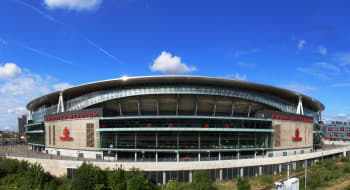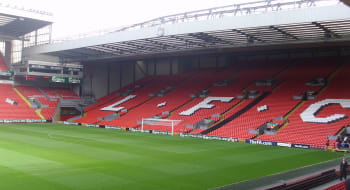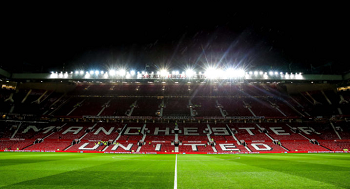The Uruguay National Football Team, known as La Celeste, holds one of the most distinguished legacies in international football. Representing a small South American nation with an outsized influence on the global game, Uruguay has long been celebrated for its fighting spirit, technical quality, and remarkable achievements. A founding member of both FIFA and CONMEBOL, Uruguay has shaped the history of football through triumphs that date back to the earliest days of the international game. The team's iconic sky-blue shirts have become symbols of resilience, pride, and footballing excellence.
Uruguay made history by winning the inaugural FIFA World Cup in 1930, a tournament it also hosted in Montevideo. Playing in front of a passionate home crowd at the Estadio Centenario, Uruguay defeated Argentina 4-2 in the final to lift the first-ever World Cup trophy. That victory followed two Olympic gold medals in 1924 and 1928, at a time when the Olympic football tournament was considered the pinnacle of the sport. These early accomplishments cemented Uruguay's reputation as a global powerhouse and established a tradition of success that would continue through the generations.
Another unforgettable moment came in 1950, when Uruguay won their second FIFA World Cup in Brazil. In a match known as the “Maracanazo,” Uruguay stunned the football world by defeating the heavily favoured host nation 2-1 in the final at the Maracanã Stadium. The result sent shockwaves through the sport and became a defining chapter in Uruguay’s football history. The team’s gritty, determined style earned them admiration and envy in equal measure, and their success became a source of immense national pride.
Uruguay has also enjoyed immense success in the Copa América, winning the tournament multiple times and frequently finishing near the top. The nation’s footballing tradition has produced some of the sport’s most revered players and a style of play known as “garra charrúa,” a term that symbolises the fierce determination and spirit for which the team is famous. Through every era, Uruguay has managed to remain competitive on the global stage, defying expectations with their skill and unity.
Matchday Atmosphere
Matchdays in Uruguay are events of deep national significance. The Estadio Centenario in Montevideo, steeped in history, serves as the symbolic home of Uruguayan football. Fans create an intense and passionate environment, waving blue and white flags and chanting in unison throughout the match. Songs paying tribute to the nation’s footballing heritage fill the air, while “La Celeste” is shouted with pride. Uruguayan supporters also travel in numbers for major tournaments, carrying with them an unshakable belief in their team and a fierce sense of identity. The atmosphere reflects the soul of Uruguayan football—proud, emotional, and unrelenting.
Ticket Demand Insights
Ticket demand for Uruguay matches is strong, particularly for World Cup qualifiers and Copa América fixtures. Home games at the Estadio Centenario are often sold out well in advance, especially when facing traditional South American rivals. Weekend matches and key international fixtures draw large, enthusiastic crowds. Demand is also high among travelling supporters, with fans eager to follow La Celeste on their global campaigns. Uruguay’s rich footballing tradition and history of success contribute to a consistently strong level of interest both locally and abroad.
Major Cup Wins and Year: FIFA World Cup – 1930, 1950; Copa América – 1916, 1917, 1920, 1923, 1924, 1926, 1935, 1942, 1956, 1959, 1967, 1983, 1987, 1995, 2011
The price for Uruguay tickets depends on several factors including the opponent, the date, whether it's home or away, and the competition.
The average ticket price is
88
while the cheapest price is 77 .









